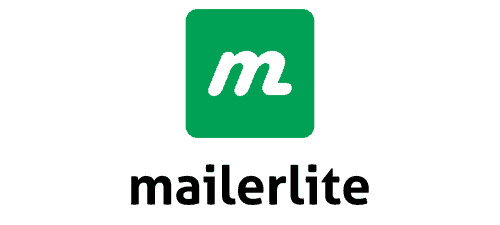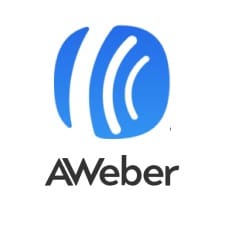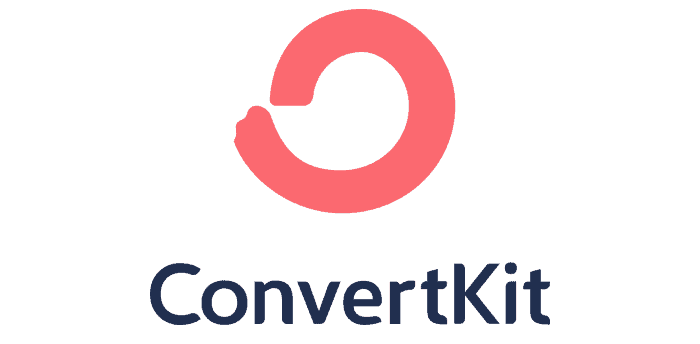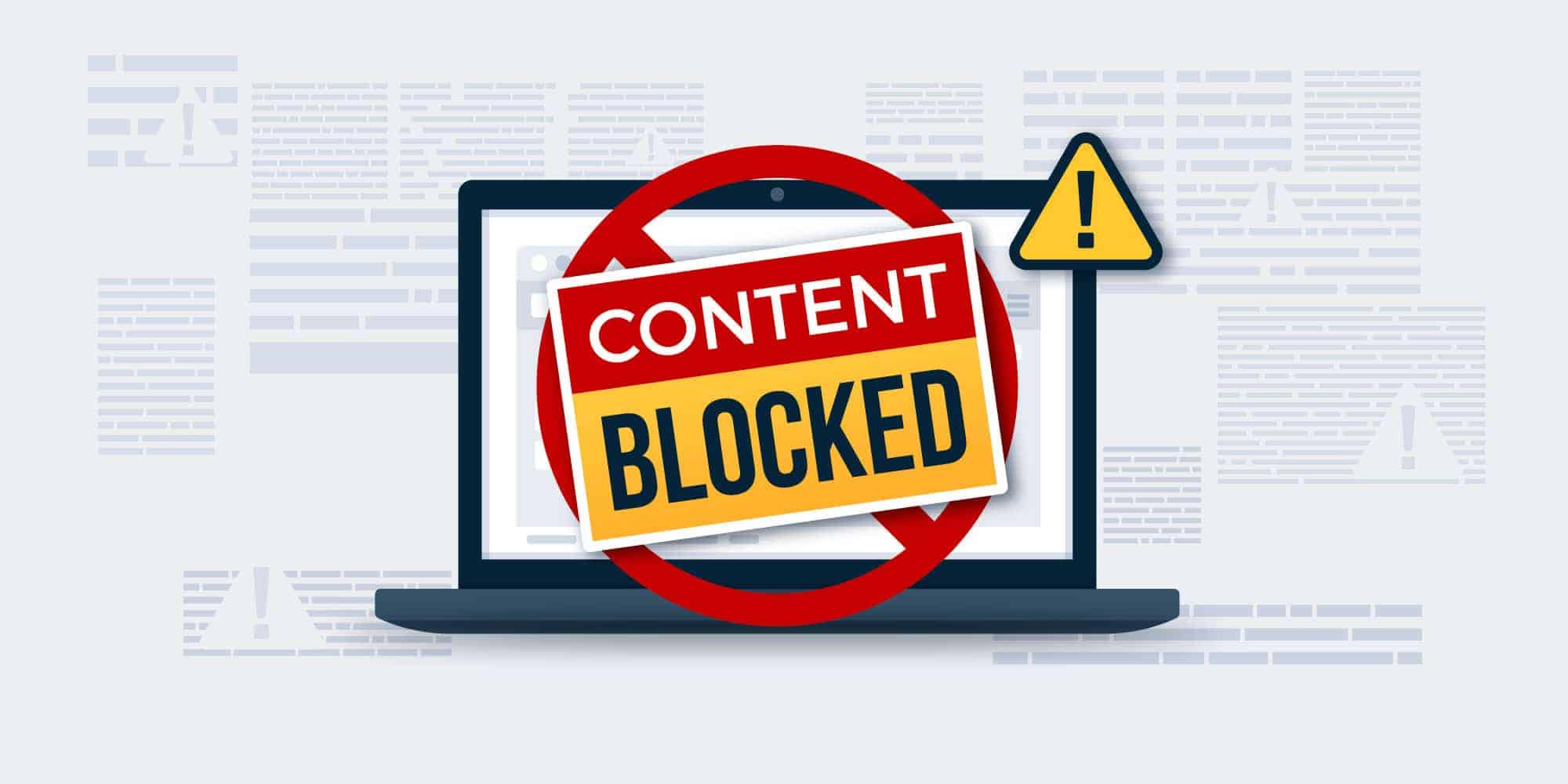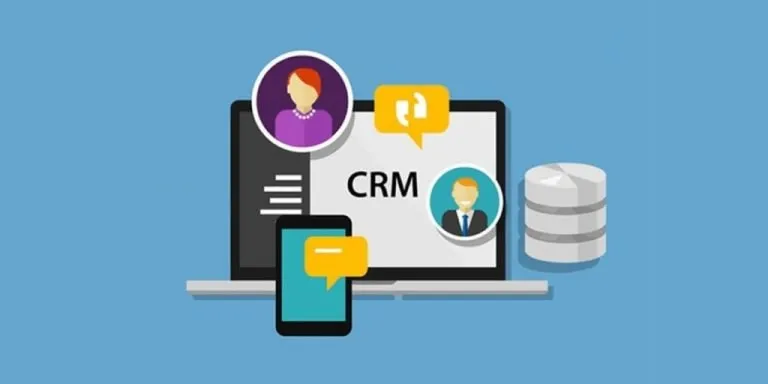Advertising disclosure
Hosting Canada is community-supported. We may earn a commission when you make a purchase through one of our links. Read Disclosure.
Mailchimp Alternatives
 Mailchimp used to be the go-to name for anybody who wanted to do any form of email marketing. It was an incredibly powerful tool that allowed businesses to nearly directly inject growth with a variety of easy-to-use tools and features.
Mailchimp used to be the go-to name for anybody who wanted to do any form of email marketing. It was an incredibly powerful tool that allowed businesses to nearly directly inject growth with a variety of easy-to-use tools and features.
Given the previous pricing model, it was even perfect for SMEs and individuals who needed a marketing platform.
Unfortunately, in the past couple of years, Mailchimp has gone downhill rapidly. Not only have they changed their pricing structure to be less attractive to smaller and medium businesses, but they’ve also had some very strange moves, such as not offering any integration with Shopify. Equally bad is how Mailchimp has stopped being as innovative as it used to be.
Mailchimp Alternatives in 2025
So what is one to do when they need an all-in-one marketing platform? After all, email marketing remains a powerful tool for growth.
Well, luckily there are quite a few different alternatives to Mailchimp nowadays, and not only that, but a lot of them are actually even better than Mailchimp. Whether they have better pricing, better features, or just generally and overall better experience and philosophy, it’s absolutely time to let Mailchimp go and move to greener pastures.
#1 SendInBlue
Key Specifications
PROS
Even better than Mailchimp
Great Scaling
Integrated with many useful platforms
CONS
Email limit
SendInBlue is one of the better all-in-one alternatives to Mailchimp, with strong email marketing and even stronger SMS marketing for businesses who require it.
They have an easy-to-use email builder, and a 300 email limit, with branding, on their free plan. Actually, the cost scaling with SendInBlue is much better compared to Mailchimp and tends to favor growing businesses that might not have the income to pay for the upscale prices of Mailchimp.
They offer live chat software and have integrations with WordPress & Magento, among others. You also do get unlimited contacts and segmentation on the free plan, which is excellent.
Overall, SendInBlue actually manages to deliver on the “forever free” plan ideal that Mailchimp started, with generally better quality, so it’s a good pick if that’s what you’re looking for.
#2 HubSpot
Key Specifications
PROS
Has one of the best customer support services
Intuitive to use
All-in-one service
CONS
Expensive for scaling
One of the big issues of Mailchimp is that they’ve been falling behind in terms of innovation and advanced functionality. Well, Hubspot has picked up the slack and manages to do what Mailchimp should be able to.
As an all-in-one service, HubSpot offers a variety of features: CRM, Sales tools, automation features, email marketing, and a few other things to boot. So you really are getting the whole package with HubSpot. Integration is also excellent, from WordPress to WooCommerce, and other eCommerce and Webinar platforms.
Where Hubspot really shines is when combining their email marketing with their CRM. This allows for a tailored experience for each individual that can help drive growth and provide even better analytics.
Of course, all of this doesn’t come free, and the service starts at $50/month and goes up, although they do offer some of their tools for free, including a basic version of their CRM.
Ultimately though, HubSpot functions as a better overall alternative to Mailchimp, with a specific focus on businesses that want all their marketing tools under one roof.
#3 Constant Contact
Key Specifications
PROS
Great for scaling your business
Reliable and fast customer support
Many feature
CONS
Hard to learn
Interestingly enough, Constant Contact has been in the game for a long time now, nearly 20 years, so it almost outdates Mailchimp. It generally caters to smaller businesses, individuals (such as freelancers), and nonprofits.
In terms of features, you get all the expected things such as email lists, basic email automation, open rates, trigger emails, and other email tools you’d expect. There are also some eCommerce tools built into the service, such as dynamic polls, surveys, and even donation pages. Email design is also pretty easy since it has a simple drag-and-drop tool to build them to your liking.
Constant Contact’s reports are also rather fantastic and provide a lot of great insight into how campaigns are performing. They also have the suite of integrations you’d expect, such as Facebook and Eventbrite, and especially excel at WordPress, but you can check their full integration list for more.
Constant Contact is actually a great Mailchimp alternative for WordPress, especially if you are already running on a WordPress host, and it even has reasonably good value pricing, starting at around $20 – $45/month.
#4 MailerLite
Key Specifications
PROS
Free up to 1000 subscribers
Easy to learn
Comes with an landing page editor
CONS
Missing advanced feature
MailerLite is really focused on beginners and helping grow a direct connection with your users.
It has a simple email editor that can still manage to get out some really great-looking emails, even for those who aren’t familiar with the process. They also have a lot of templates to make it even easier, especially for those who just want a simple layout for a newsletter.
MailerLite also excels in its landing pages and automation, two things that are important for growth. They also have a variety of integrations, from MailerCheck to Zapier, but you can check their full list of integrations to see them all.
As for pricing, you’ll be happy to know that the free option allows for up to 1,000 subscribers and 12,000 monthly emails. The paid version starts at $10/month and goes up from there, depending on usage.
#5 AWeber
Key Specifications
PROS
A/B Testing available
Full customer support
Large database with helpful content
CONS
Pricy for its features
While AWeber isn’t a complete all-in-one solution like some others on the list, it’s actually quite a strong competitor to Mailchimp when it comes to email marketing for small businesses. In fact, one could argue that nowadays AWeber does an even better job compared to Mailchimp in this sector.
As for features, it has everything you’d expect from an email marketing platform, such as automated blog emails, email analytics, A/B splitting, and list segmentation. They also have nearly a thousand different integrations, from Paypal to WordPress, and you can check their site for the full list of site integrations.
The best part about Aweber though is that it’s relatively cheap and primarily relies on the free part which is the direct competitor to Mailchimp. For the free plan, you get 500 users and 3,000/emails a month, which is pretty good, as well as unlimited landing pages, automated email campaigns, and so forth.
Their paid plans start at $19/month, go up based on usage, and give you unlimited users, emails, and a variety of other useful features, mostly in the form of additional reporting and analytics.
#6 ConvertKit
Key Specifications
PROS
Drag and drop email builder
Easy to use contact list
Free until 1,000 subscribers
CONS
Visual editor tough to use
Interestingly enough, ConvertKit started out as an email marketing platform that was targeted to authors and bloggers on a variety of blogging platforms. That’s why, even though it started in 2013 and much later than other platforms, it’s managed to be a big competitor in the email marketing industry.
Where it does best is in its automation and its drag-and-drop email builder. Actually, the platform still holds a very author-centric philosophy, and so there’s an equal focus on growth. Contact and lists management is much easier and straightforward compared to Mailchimp, and it’s, therefore, easier to create targeted and tailored campaigns.
The free options provided by ConvertKit are also pretty good, as you get 1,000 subscribers, and unlimited landing pages and forms. After that, plans start at $29/month and go up depending on the number of subscribers, and provides you with some extra tools like automated funnels and subscriber scoring.
#7 ActiveCampaign
Key Specifications
PROS
A/B Testing tools
Many third party integrations
Great price to feature ratio
CONS
Live phone support is paid for
Another provider that’s been around for a while, since 2013, ActiveCampaign has made a very specific niche for itself in the form of drip campaign segmentation.
More specifically it excels at email automation and granular tailoring of marketing campaigns. The upshot is that you can create some pretty complicated funnels that can work on their own without your input. You can tag user behavior, set complex timed automation, and even do A/B tests.
ActiveCampaign also has a pretty strong CRM and they try to keep up with innovations and nice little additions, such as personalized messages for your site. They also have lots of integrations from Salesforce, Shopify, and Typeform, and you can find their full list of integrations here.
As for pricing, it starts at $15/month for 500 subscribers on the cheapest plan and goes up from there.
How to Pick an Email Marketing Platform
We made a list of important features and specifications you need to understand to pick the best email marketing service.
If you don’t choose one of the alternatives we recommended, you can always estimate whether the email marketing service you find is suitable for you.
Automation
 This is easily one of the most important parts of an email marketing program and allows you to set and forget a series of instructions based on a trigger.
This is easily one of the most important parts of an email marketing program and allows you to set and forget a series of instructions based on a trigger.
For example, say that somebody subscribes to your newsletter for the first time, you can automatically set the platform to trigger a thank you email in response. The same applies to things like a purchase, or even visiting your page.
How complex you want your automation will vary based on your specific needs, but it’s certainly important to have a general idea of the complexity you’ll need. Like in the above example of a newsletter, you may not really need a lot of automation, so a platform whose automation is basic isn’t a dealbreaker.
List Segmentation & Analytics
Another important aspect of email marketing is being able to segment your user based on the analytics you’ve received. This allows you to slice up your subscriber list based on common groupings and then do targeted marketing to that group.
For example, you might have regular shoppers who buy from you, and in that scenario, you’ll want to send new product updates. On the other hand, you might have first-time buyers who you’ll want to entice with offers and have them as repeat customers.
Integrations
![]() Integrations are almost crucial to any good email marketing platform, because if you don’t have integration, then you’re missing out on a lot of really important features that can drive growth.
Integrations are almost crucial to any good email marketing platform, because if you don’t have integration, then you’re missing out on a lot of really important features that can drive growth.
Say you’re using something like Shopify for eCommerce, by being able to integrate it into your email marketing platform, you can not only sell directly through your emails, but you can gather data and analytics about your buyers.
You can also set trigger emails for when new products come out based on your list segmentation.
While each email marketing platform has different integrations, be sure to check that they have integrations with your preferred apps.
A/B Testing
A/B testing gives you a direct tap into the pulse of your audience. By being able to individually test different aspects of your email, you can see what tends to work best.
How it works is that you pick one overall variable, like subject line, or images. Then, you create a few variations, usually three, but can vary depending on the provider. You then send those variables out to a small segment of subscribers (or even all if you prefer), and it allows you to see which of the variables works best.
As such, you essentially get direct, real-life data on what you should focus on, and what you should change or ignore. To that end, A/B testing can be very important.
Email Builder
 In the same way that website builders need to have a good website editor, email marketing platforms also need to have a good email editor.
In the same way that website builders need to have a good website editor, email marketing platforms also need to have a good email editor.
What that means is that they have an easy-to-use drag-and-drop editor that allows you to build an email quickly without spending a ton of time trying to figure stuff out.
While admittedly this isn’t the most important feature, it is a feature that will come in handy, especially if you have a lot of automation that you need to do.
Pricing & Ease of Use
One of the most important aspects of picking any email marketing platform is if the pricing fits your needs, and how easy is it to use. For example, if you only have 500 subscribers, and the service you want only has paid plans starting at 1,000, you should probably keep looking for something else.
In a similar vein, you have to be aware of potential growth and the scaling of the cost that comes with it. For example, Mailchimp email hosting is considered very good, but their email marketing platform pricing isn’t good when it comes to scaling as compared to other alternatives on this list.
Overall, you need to consider (1) Where you are now in terms of numbers (2) How much you can afford as you scale up, and (2) If the features you get are worth the money you are paying, or if it might be better to go with a cheaper alternative with features that you won’t really miss
Final Thoughts
While Mailchimp certainly used to be the king of the hill, it’s no longer one of the top email marketing services out there.
In fact, One could argue that Mailchimp has mostly fallen to the wayside when it comes to all-in-one marketing and being friendly to small and medium-sized businesses. Either way, you’ll have hopefully found a good alternative to fit your needs.








